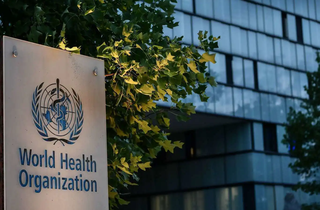These drugs are prescribed to manage type 2 diabetes and have become increasingly popular for weight loss, leading to a rise in counterfeiting.
The WHO identified three instances of falsified semaglutide products in October 2023 (Brazil and UK) and December 2023 (US). They urged healthcare professionals and the public to be cautious of these imitations.
Counterfeit semaglutide might lack essential ingredients, causing uncontrolled blood sugar levels or weight gain. In some cases, they may contain unlisted active ingredients like insulin, leading to unpredictable health risks.
While effective, semaglutide's high price makes it unsuitable for large-scale use in resource-limited settings. The WHO recommends more affordable medications with similar effects for diabetes management.
The WHO is developing rapid advice guidelines on using GLP-1 receptor agonists, including semaglutides, for treating obesity in adults as part of a comprehensive care model. GLP-1 RAs are a class of medicines that lower blood sugar and support weight loss.
The WHO urges all healthcare professionals, regulatory authorities, and the public to remain vigilant and report any suspicious medicines to the relevant authorities immediately. (ILKHA)



 Dünya
Dünya
 Güncel
Güncel
 Spor
Spor
 Güncel
Güncel
 Güncel
Güncel
 Güncel
Güncel
 Dünya
Dünya
 Dünya
Dünya
 Güncel
Güncel
 Güncel
Güncel





